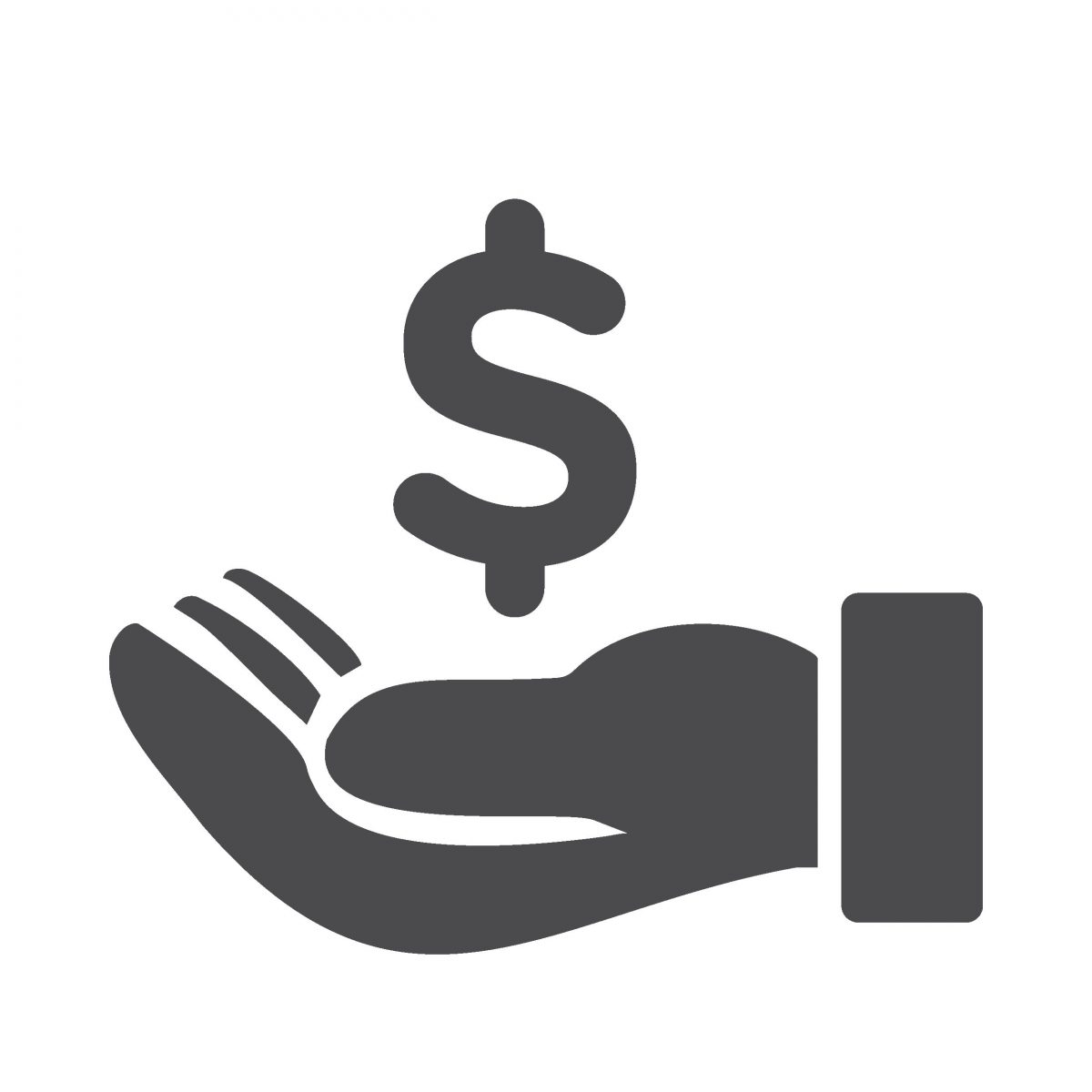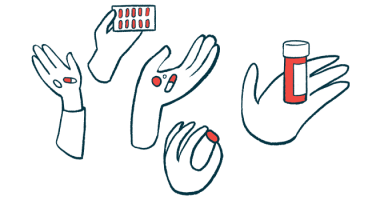Coronavirus Relief Fund Created to Help DMD Patients, Families
by |

The COVID-19 pandemic has forced many to shelter at home, caused millions of layoffs, and tightened budgets. But for families affected by Duchenne muscular dystrophy (DMD), who front extra medical costs and must decide between working and potentially exposing their son to the virus, the pandemic can add an extra layer of financial burden.
To help these families, the Duchenne Family Assistance Program, which usually offers financial aid for vehicle conversions, wheelchairs, home modifications, and other care devices, announced a Coronavirus Relief Fund in April.
Eleven DMD organizations — Team Joseph, 4 Jake’s Sake, Hope for Gus, JB’s Keys to DMD, Joaquin’s Warriors, Cure Duchenne, Kindness Over Muscular Dystrophy, Little Hercules Foundation, Michael’s Cause, Pietro’s Fight and Walking Strong — pooled resources and have committed about $150,000 to a $250,000 fundraising goal.
Marissa Penrod, Team Joseph founder and creator of the fund, is hoping to help 400 to 500 families with “critical” needs or unexpected expenses, from mortgages to groceries to utility bills.
Families can apply through the Family Assistance website, and the only requirement for obtaining the funds, either $200 or $500, is providing proof of a DMD diagnosis.
“In times of a crisis, it’s really important to move quickly and to make sure you can get the assistance into the hands of the families that really need it,” Penrod told Muscular Dystrophy News Today by phone, explaining why the process remains relatively simple.
Applicants can also request a separate $100 mini-grant for each child in the household related to education and entertainment. Recipients can use the funds however they see fit. One family used the extra money to buy their son a birthday gift.
“We’re really trusting families to know what’s best for their families and decide what they need to use this for,” Penrod said. “We give guidelines, but there aren’t strict requirements.”
To limit exposure to COVID-19, families might stock up on groceries once every two weeks rather than once a week. For many who are living paycheck to paycheck, or on unemployment, that new routine may be difficult. That’s an example of how Penrod imagines the funds would be used.
The pandemic made money tight for JB Brown-Crowley, who has a 12-year-old with DMD and is a small business owner. Brown-Crowley said she and her husband lost 75% of their income, which supports her son, Charlie, and 5-year-old daughter Cici. They applied for the relief fund — receiving $500 as a family and $100 for each of their children.
“Having that money it’s just such an assurance and peace of mind. Without that money, we would have definitely been in dire straights,” Brown-Crowley said. They immediately put the money toward buying groceries and will wait to spend the $200 from the mini-grants for summer activities.
Donations to support the fund also are being accepted, and Penrod said they raised about $15,000 on May 5 for Giving Tuesday Now, a worldwide fundraising initiative for COVID-19-related aid.
Each household can apply for the funds only once because, according to Penrod, they want to help as many families as possible.
For now, the fund will continue indefinitely, and Penrod hopes the Family Assistance Program can keep the relief fund open into the fall, though they are evaluating the time frame week by week.
Penrod started Team Joseph within a year after her son, Joseph, 17, was diagnosed with DMD in 2008. The organization initially focused on raising money for research and more recently added an assistance arm. It arose from a conversation with a neurologist who said some families could not afford the train fare to get treatment.
Team Joseph and the Little Hercules Foundation partnered in 2017 to create the Duchenne Family Assistance Program and provide financial resources for those who could not afford all the costs associated with caring for a child with DMD. The same logic applies for the Coronavirus Relief Fund.
“I never wanted taking care of your child to be a function of your finances, that if you could afford care, you were one of the lucky ones,” Penrod said.







